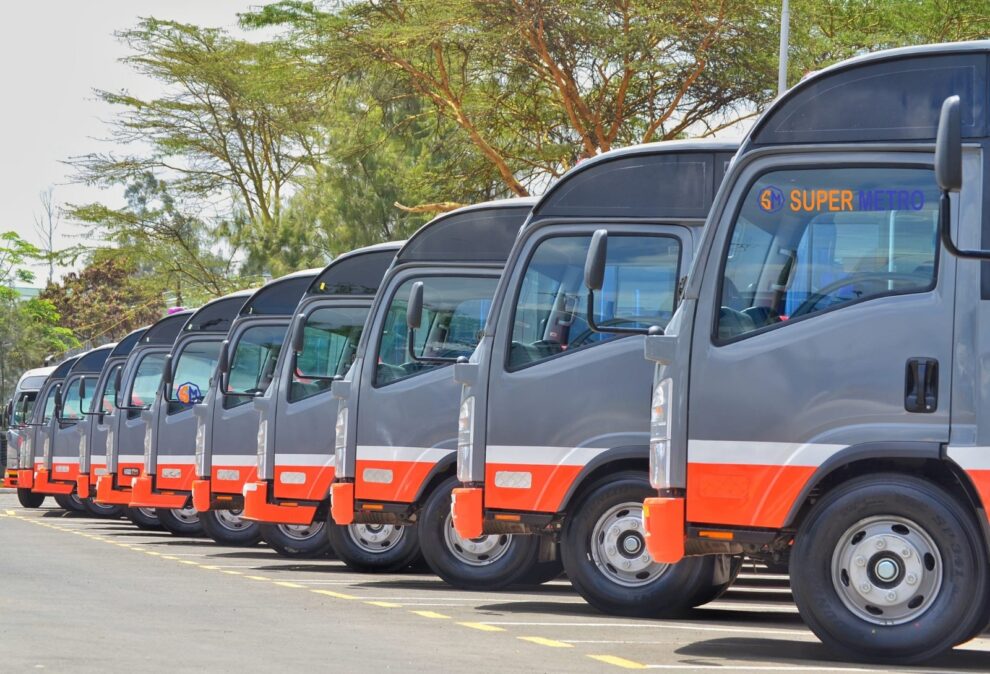Super Metro has for years been marketed as the model matatu sacco in Nairobi, praised for order and professionalism when other operators were known for chaos.
But recent incidents show a worrying trend that is eroding that reputation and exposing commuters and motorists to serious risks. What once looked like a disciplined fleet has now turned into yet another reckless player on the road, putting lives in danger without regard for the very people who keep their business running.
A clear example came from a road user who shared a shocking experience with the management.
The complainant, Maranga Njoroge, explained how one of Super Metro’s buses engaged in unsafe driving practices that could have ended tragically.
According to his account, the bus suddenly braked in the middle lane just to pick up passengers, without warning, without checking the road, and without any concern for other motorists or cyclists around.
Such reckless behavior is not just careless, it is criminal. It puts everyone at risk, from cyclists and pedestrians to fellow motorists who pay the same taxes and deserve safe use of the roads.
Njoroge’s story is particularly painful because he is already living with the consequences of PSV recklessness. He revealed that he lost his left lung after being involved in an earlier incident caused by careless matatu driving.
Despite having the option to drive luxury cars like a Mercedes or BMW, he chose to cycle to work, only to have his life permanently altered by irresponsible road behavior.
Instead of learning lessons from such tragedies, Super Metro drivers continue to behave like the roads belong only to them, disregarding everyone else.
The most disturbing part of his latest experience was the driver’s reaction after he sounded his horn to warn against the sudden braking. Instead of correcting his actions, the driver responded by throwing trash at Njoroge’s windscreen.
This kind of arrogance and disrespect is unacceptable. A matatu driver paid to provide public service cannot turn hostile against road users who call out their mistakes.
Such actions show a lack of professionalism, a lack of training, and a complete disregard for safety.
Super Metro has built a name for itself by claiming to be different, but if these behaviors continue, it will lose the little respect it still holds.
Blocking lanes to pick passengers, braking abruptly, abusing other motorists, and ignoring complaints from the public cannot be excused. These actions are not only unprofessional but also dangerous.
They destroy lives, create hostility on the roads, and prove that Super Metro is no longer the disciplined sacco it once was.
Njoroge made it clear that he is not seeking a fight but is demanding accountability. His warning is simple: if this misconduct continues, he will escalate the matter to legal and regulatory bodies. His experience should serve as a wake-up call to the management.
Nairobi roads are shared spaces, not grazing fields where passengers are treated like livestock and motorists like obstacles. Super Metro must urgently return to its earlier standards, retrain its drivers, and ensure discipline is enforced.
Kenyans are tired of PSVs that act as if rules don’t apply to them. Super Metro must take this moment seriously, because the public is watching, and one more careless action could destroy not just lives but the entire reputation the sacco once enjoyed.





















Add Comment